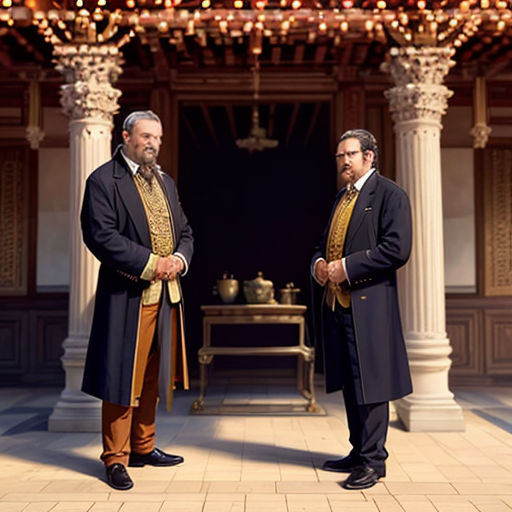
The Emperor's New Clothes
By SARA

23 Jan, 2024
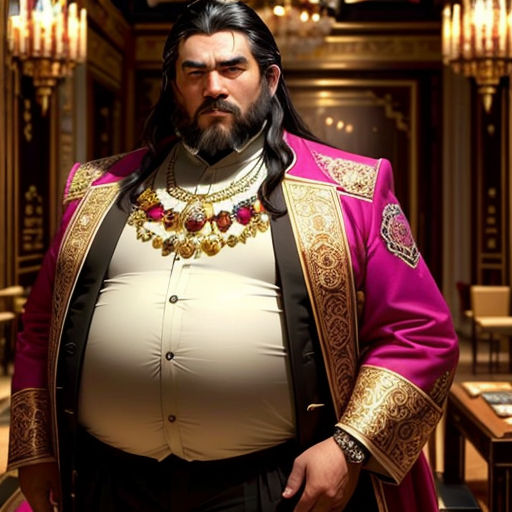
In a kingdom far away, there lived a vain Emperor who was known for his love of fine clothing. He spent more time in his wardrobe than in his court, always seeking to dazzle his subjects with his fashion sense.
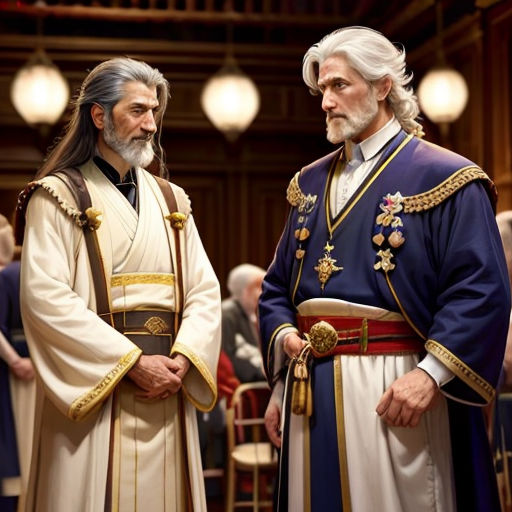
One day, two strangers arrived at the kingdom, claiming to be master weavers of extraordinary talent. They promised to create an outfit for the Emperor that was unlike any other.
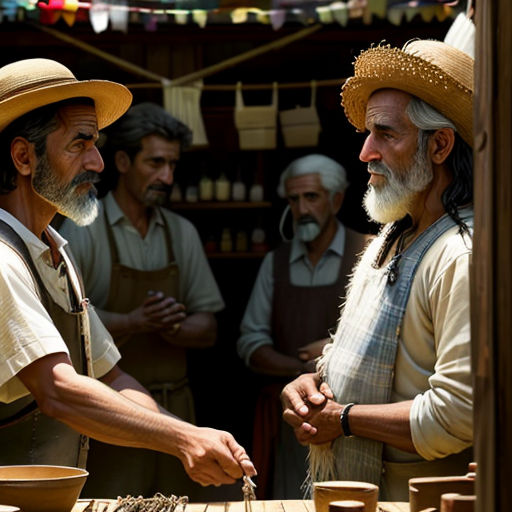
The weavers had a unique proposition. They claimed their cloth was magical, only visible to those who were wise and competent. The foolish and unfit, they said, would see nothing at all.

Intrigued and flattered, the Emperor immediately commissioned the weavers to make him a new outfit with their magical cloth. The weavers demanded a hefty fee, which the Emperor willingly paid.
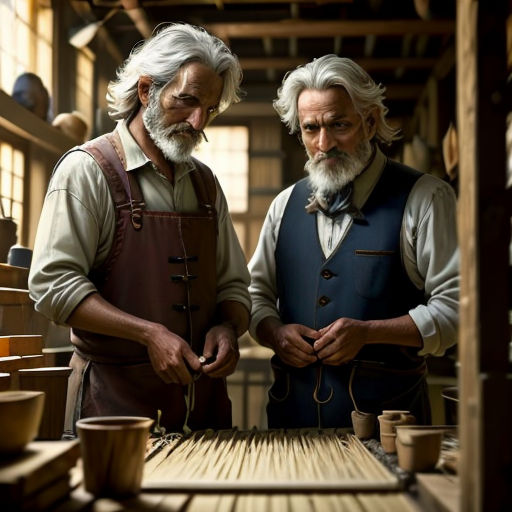
With pockets full of gold, the weavers set to work. They pretended to weave, but there was no cloth on their looms. Yet, they behaved as if they were handling the most delicate and precious fabric.
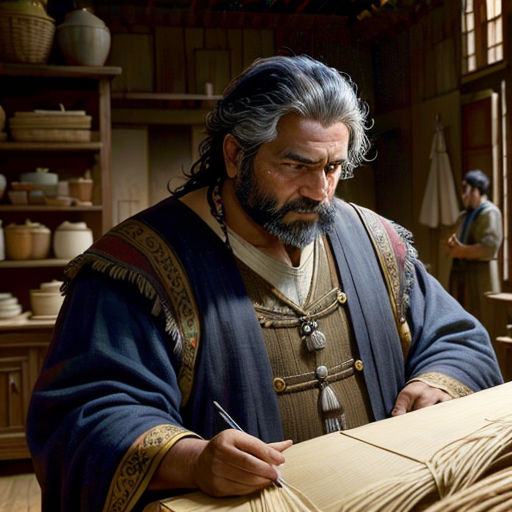
The Emperor, curious about the progress, sent his most trusted advisor to check on the weavers. The advisor, unable to see any cloth, was taken aback but dared not admit his incompetence.
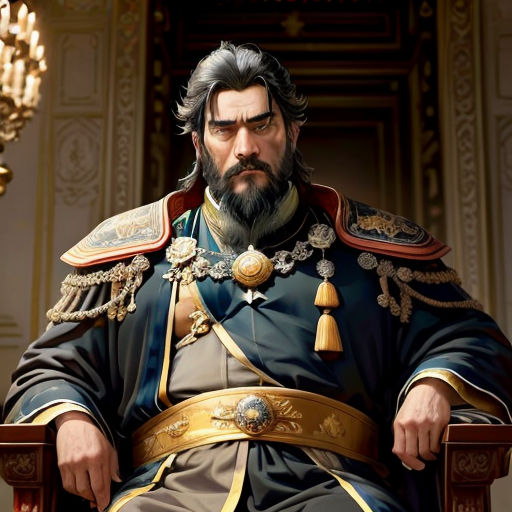
He reported back to the Emperor, praising the beauty and magnificence of the invisible cloth. The Emperor was pleased, though he was slightly worried that he might not be able to see the cloth himself.
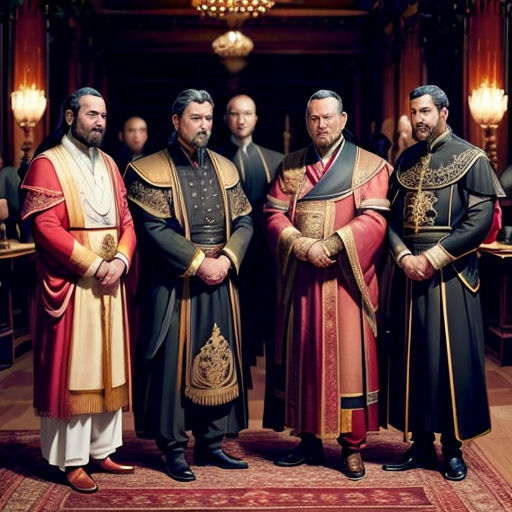
Days passed, and the weavers finally announced that the Emperor's new clothes were ready. The Emperor, along with his court, went to see the new outfit.
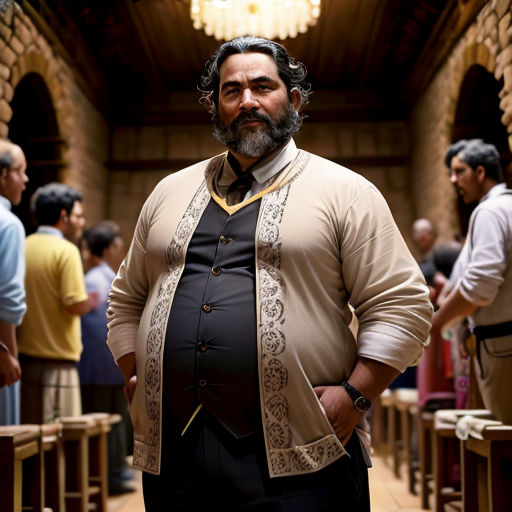
The weavers mimed holding up the invisible garment, describing its beauty and uniqueness. The Emperor, unable to see the clothes, felt a knot of dread in his stomach but couldn't admit it.

He praised the weavers for their excellent work and ordered his servants to help him dress. The court watched in silence as the Emperor paraded around, believing he was wearing the magical outfit.
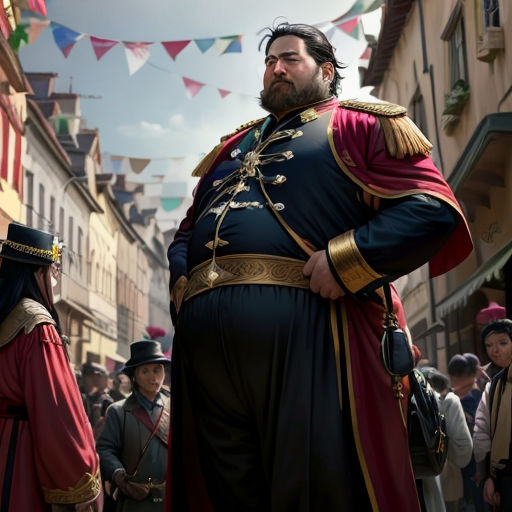
The next day, the Emperor decided to show off his new clothes in a grand parade. The entire kingdom was buzzing with excitement to witness the Emperor's magical outfit.
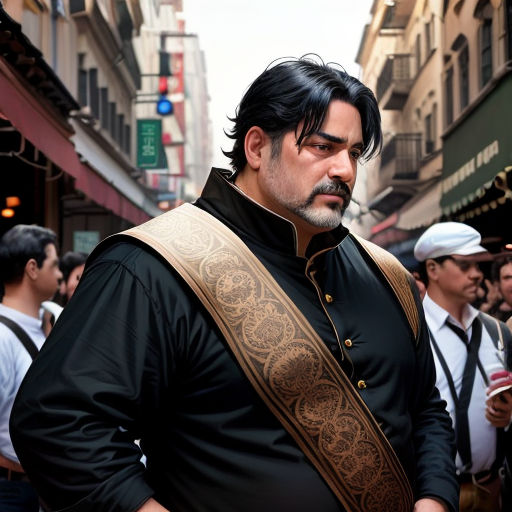
As the Emperor walked down the streets, the crowd cheered. They all pretended to admire the Emperor's new clothes, afraid to appear foolish or incompetent.
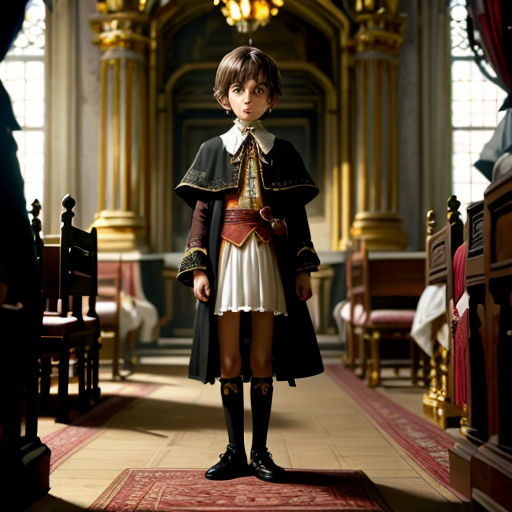
However, a small boy, too young to understand the fear of appearing foolish, piped up, "But the Emperor has nothing on!"

The crowd fell silent. The boy's innocent words echoed through the streets. People began whispering among themselves, and a murmur of agreement spread through the crowd.
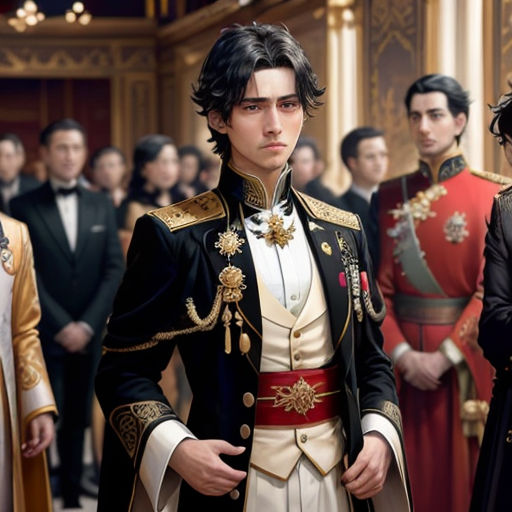
The Emperor stiffened, realizing the truth of the boy's words. He felt a wave of humiliation washing over him. Yet, he decided to continue the parade, pretending as if nothing had happened.
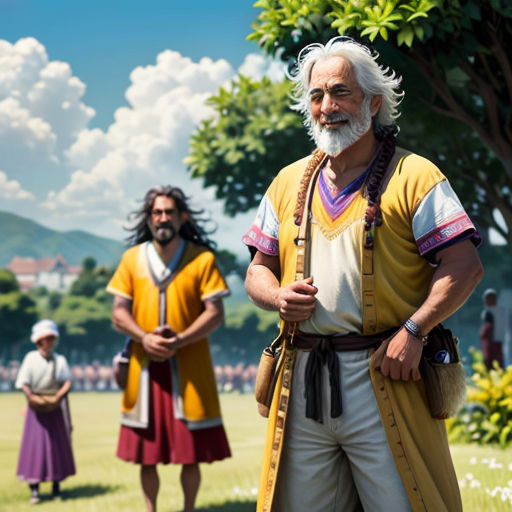
The weavers, who had been watching the parade from a distance, chuckled amongst themselves. They had successfully fooled the Emperor and his entire kingdom.
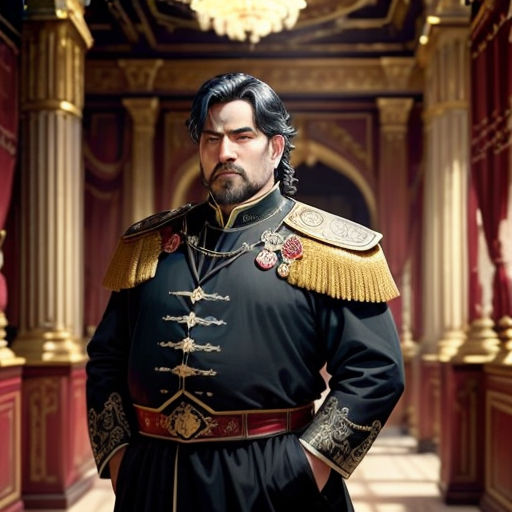
The parade ended, and the Emperor returned to his palace, his face flushed with embarrassment. The court was silent, no one daring to mention the Emperor's folly.
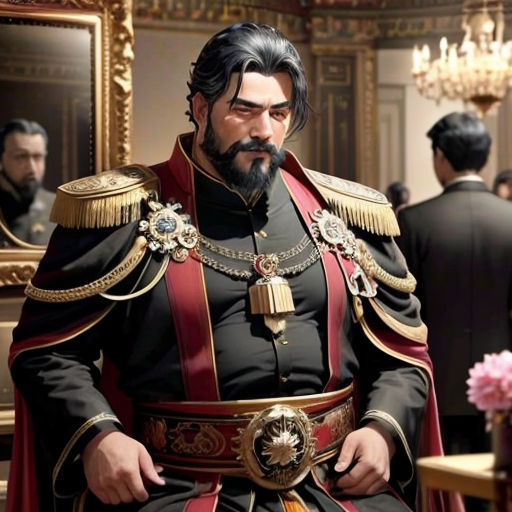
That day, the Emperor learned a valuable lesson about vanity and pride. He realized that he had been so obsessed with his image that he had fallen for a ridiculous trick.
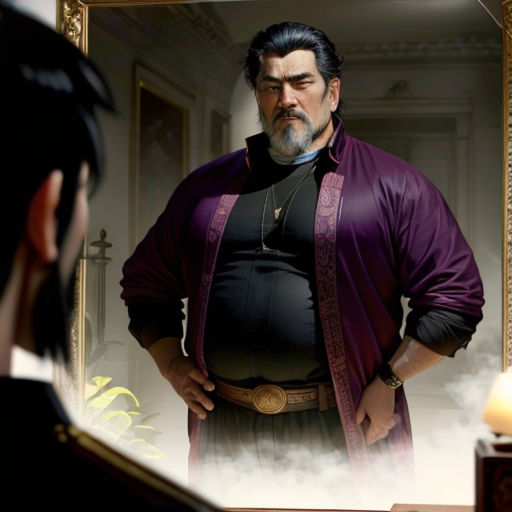
From then on, the Emperor became more humble and focused on his duties rather than his wardrobe. The incident served as a reminder to the people about the dangers of vanity and deceit.
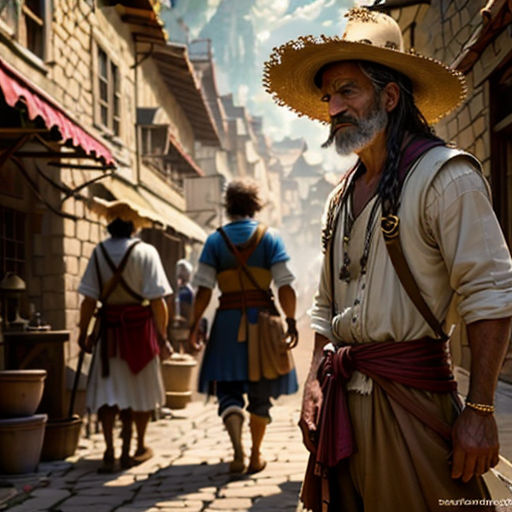
The weavers left the kingdom, their pockets full of gold, leaving behind a tale that would be told for generations. They were a stark reminder of how easily one could be deceived by flattery.
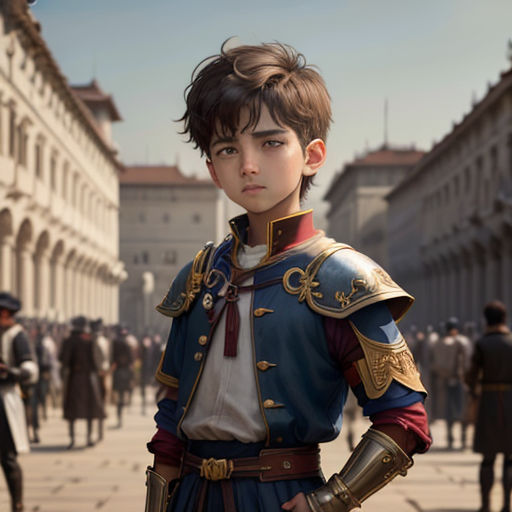
And the young boy who had spoken the truth? He became a hero in his own right. His innocent observation had unveiled the folly of the Emperor and the cunning of the weavers.
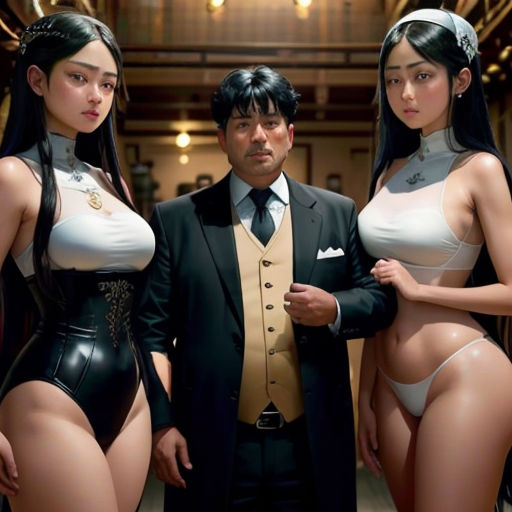
The kingdom learned a valuable lesson that day. It was not just the Emperor's new clothes that were invisible, but the false pride and vanity that had blinded them all.
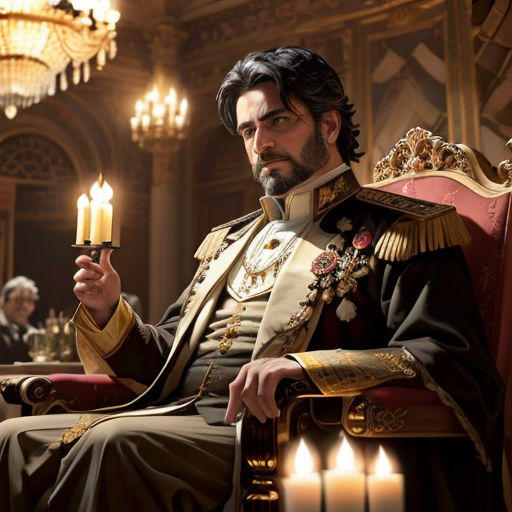
The Emperor's new clothes became a legend in the kingdom, a story told to young children. It was a reminder to never let vanity and pride cloud one's judgment.
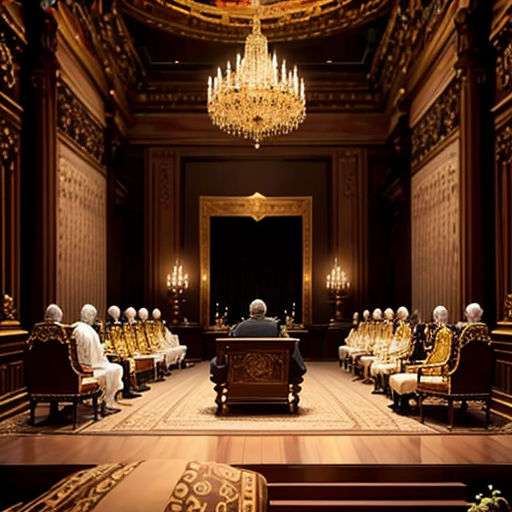
The Emperor, though humbled, was a wiser ruler. He ruled with wisdom and fairness, always reminding himself and his subjects of the importance of truth and humility.
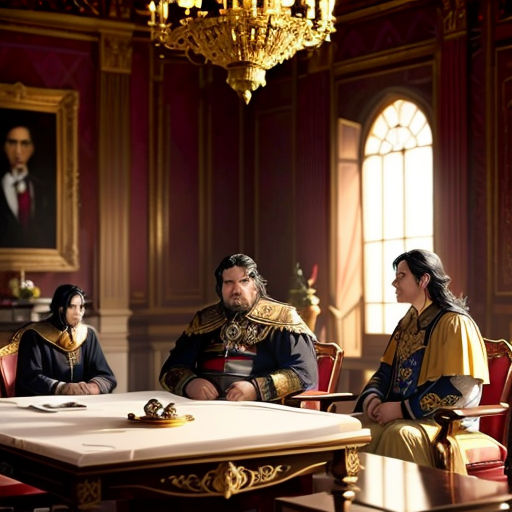
The kingdom flourished under the Emperor's rule. The incident with the invisible clothes became a turning point, not just for the Emperor, but for the entire kingdom.
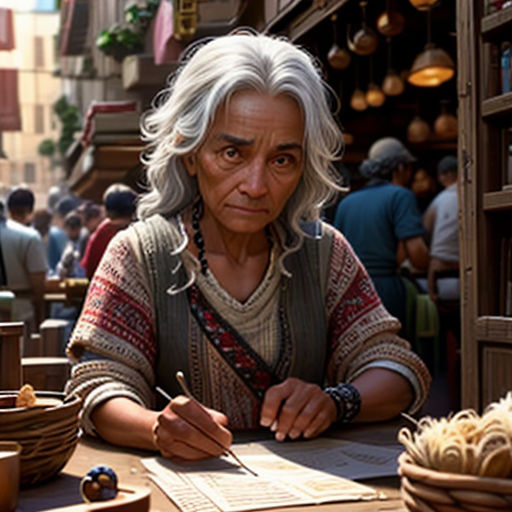
The weavers, with their cunning trickery, had unknowingly brought about a positive change. Their deceit had been a catalyst for transformation, teaching everyone a priceless lesson.

The boy, who had spoken the truth, grew up to be a wise and respected man. His words, as a child, had brought about a significant change and had made him a symbol of truth.
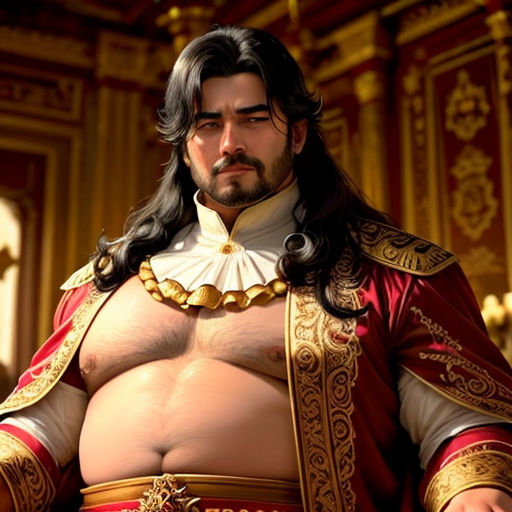
The story of the Emperor's new clothes was passed down through generations. It served as a reminder of the importance of honesty and the perils of vanity.
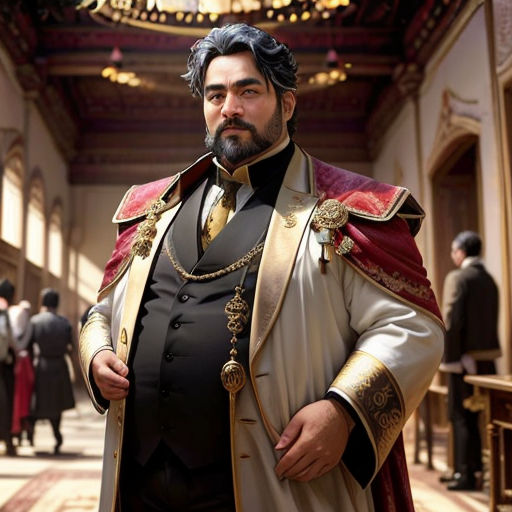
The legacy of the vain Emperor and his invisible clothes lived on. It was a tale of wisdom born out of folly, a tale of truth triumphing over deceit.
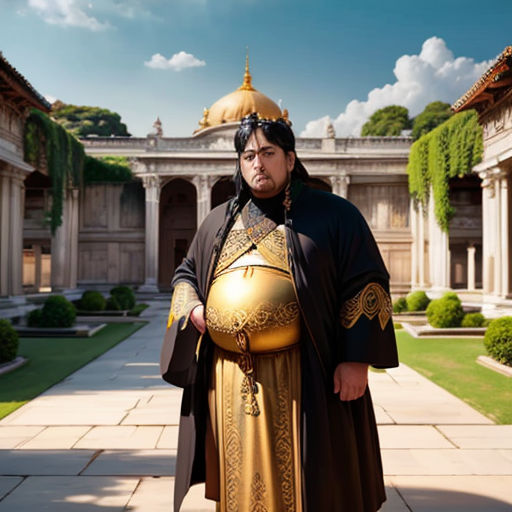
And so, the kingdom thrived, remembering the lessons learned from the Emperor's folly. The story of the Emperor's new clothes remained a timeless tale, reminding each generation of the importance of truth and humility.
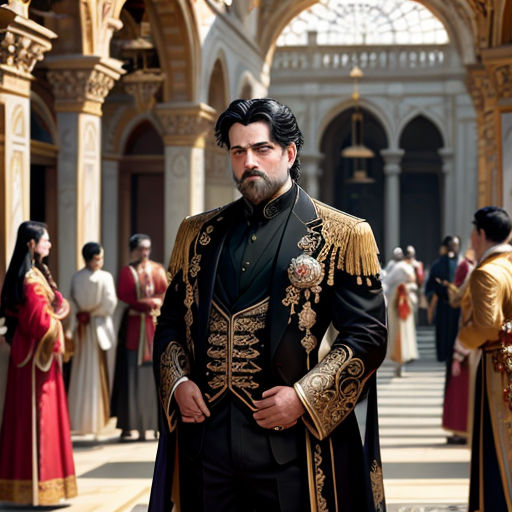
The tale of the Emperor's new clothes was not just a story, but a lesson etched in the hearts of the people. It was a testament to the power of truth and the folly of vanity.
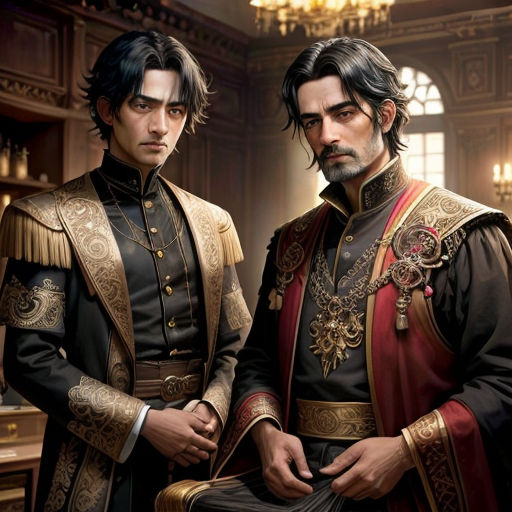
The Emperor, the weavers, and the boy became symbols of a story that transcended time. Their tale served as a reminder to value wisdom over vanity, truth over deceit, and humility over pride.
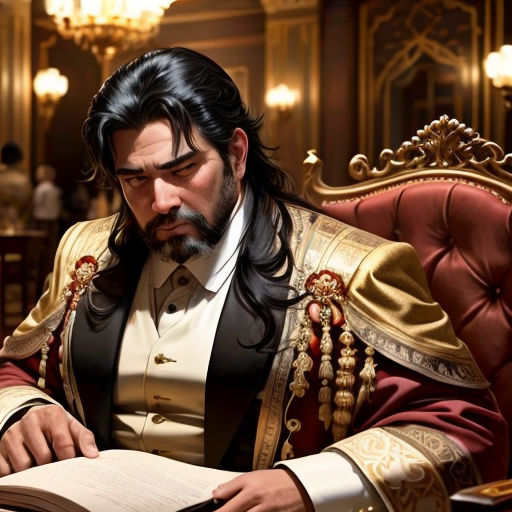
This tale of the Emperor's new clothes, although born out of deceit and vanity, ended in wisdom and humility. It was a story that echoed through the ages, its lessons as relevant today as they were then.
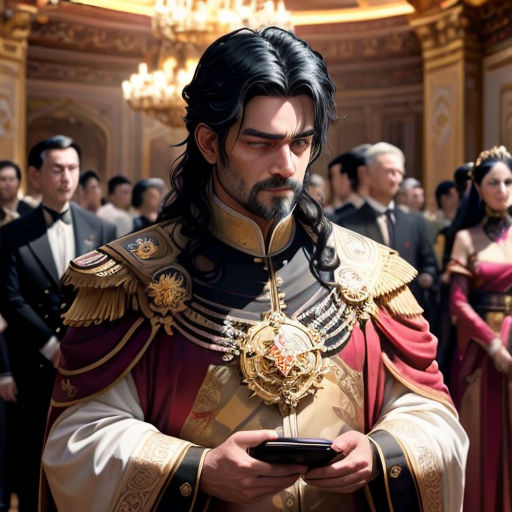
And so, the story of the Emperor's new clothes ended, but its lessons lived on. It was a tale that taught the kingdom, and the world, the power of truth, the folly of vanity, and the importance of humility.
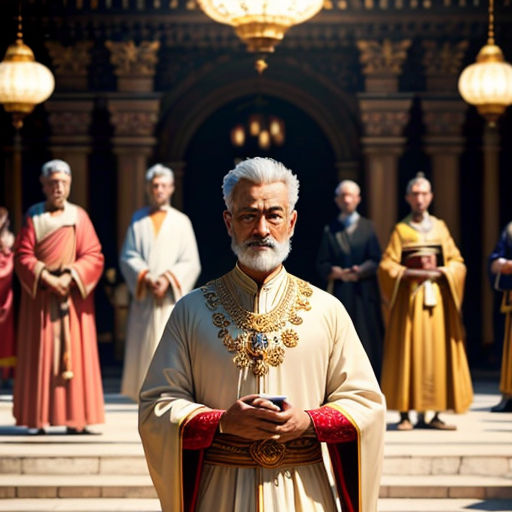
The Emperor's new clothes, though invisible, left a visible impact on the kingdom and its people. And even today, the tale serves as a reminder to not let vanity and deceit cloud our judgment.